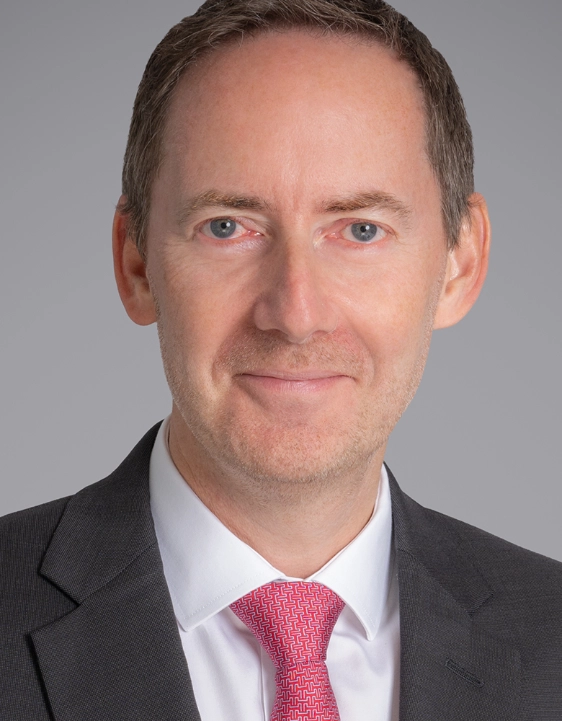Stay in the know
We’ll send you the latest insights and briefings tailored to your needs
Stuart is the Head of Middle East Dispute Resolution, based in Herbert Smith Freehills' Dubai office. He has extensive experience of arbitration, litigation and investigations. His wider focus also includes disputes in the financial services sector. A solicitor advocate, Stuart is qualified to practise in the courts of England & Wales and the Dubai International Financial Centre (DIFC).
One of my first major pieces of High Court litigation work was for a Saudi Arabian client as a trainee and junior associate in the London office. I had the opportunity to fly to Riyadh and Jeddah to meet Saudi witnesses. That case sparked my interest in the Middle East and specifically the Gulf region. When the opportunity arose to work there 10 years later, it was an easy decision. The warm weather may also have been a factor!
Yes, I would say that half my practice focuses on investigations and corporate crime, which often involves court litigation, and the other half is mostly arbitration. Although I was not an arbitration lawyer when I was based in London, it has become much more a feature of my practice in the Middle East, where international businesses have a strong preference for resolving their disputes in arbitration rather than the local courts. My work spans a number of different sectors, including financial services, energy, real estate, consumer and hospitality. This reflects the nature of the economies in the gulf region. Right now we are seeing a lot of post-M&A disputes across different sectors – such as breach of warranty clams or disputes about exit mechanisms.
I thrive on variety and I love turning my hand to different things and learning from new experiences. This variety sustains my energy levels and has allowed me to develop a broad skillset.
I enjoy the pioneering spirit of Dubai. The government and businesses are always pushing the boundaries in terms of what is possible. That makes my job enjoyable, and it's why I am still here 15 years after leaving London for a two-year secondment.
Given the economies of the region are so new and growing quickly, corporate governance standards and systems and controls within businesses are often less of a priority. Combining this with the highly diverse nature of the region, where local parties transact with suppliers and contractors from all around the world, the scope for misunderstanding or misconduct is high, which makes the region fertile for disputes and investigations.

Stuart Paterson
Managing Partner, Middle East and Head of Middle East Dispute Resolution, Dubai
Firstly, I absolutely love advocacy – it's the best part of the job.
The procedural law for the DIFC is modelled on the English Civil Procedure Rules, so it feels familiar as an English-qualified lawyer. Otherwise, the DIFC Court is very modern – it conducts a lot of its hearings remotely, which means that it is also efficient and technologically advanced!
However, one big difference is that the judges in the DIFC Courts come from a variety of backgrounds – there are local Emirati judges but also many judges from common law countries like the UK and Australia. Counsel on the other side can also come from a variety of backgrounds. So this means having to think on your feet and tailor the advocacy to the relevant panel and counterparty.
After 26 years at the firm I still love to win cases for my clients but I would say repeated highlights are the occasions where I have the privilege of helping other people in the firm develop and succeed. Wearing my managing partner hat, helping to build the Middle East practice from two partners to 10 over the last three years has been very rewarding.
I love travelling – Dubai is amazing as you can fly direct to most places. In fact I have just come back from a trip to Rwanda to see the mountain gorillas!

Managing Partner, Middle East and Head of Middle East Dispute Resolution, Dubai
The contents of this publication are for reference purposes only and may not be current as at the date of accessing this publication. They do not constitute legal advice and should not be relied upon as such. Specific legal advice about your specific circumstances should always be sought separately before taking any action based on this publication.
© Herbert Smith Freehills 2024
We’ll send you the latest insights and briefings tailored to your needs